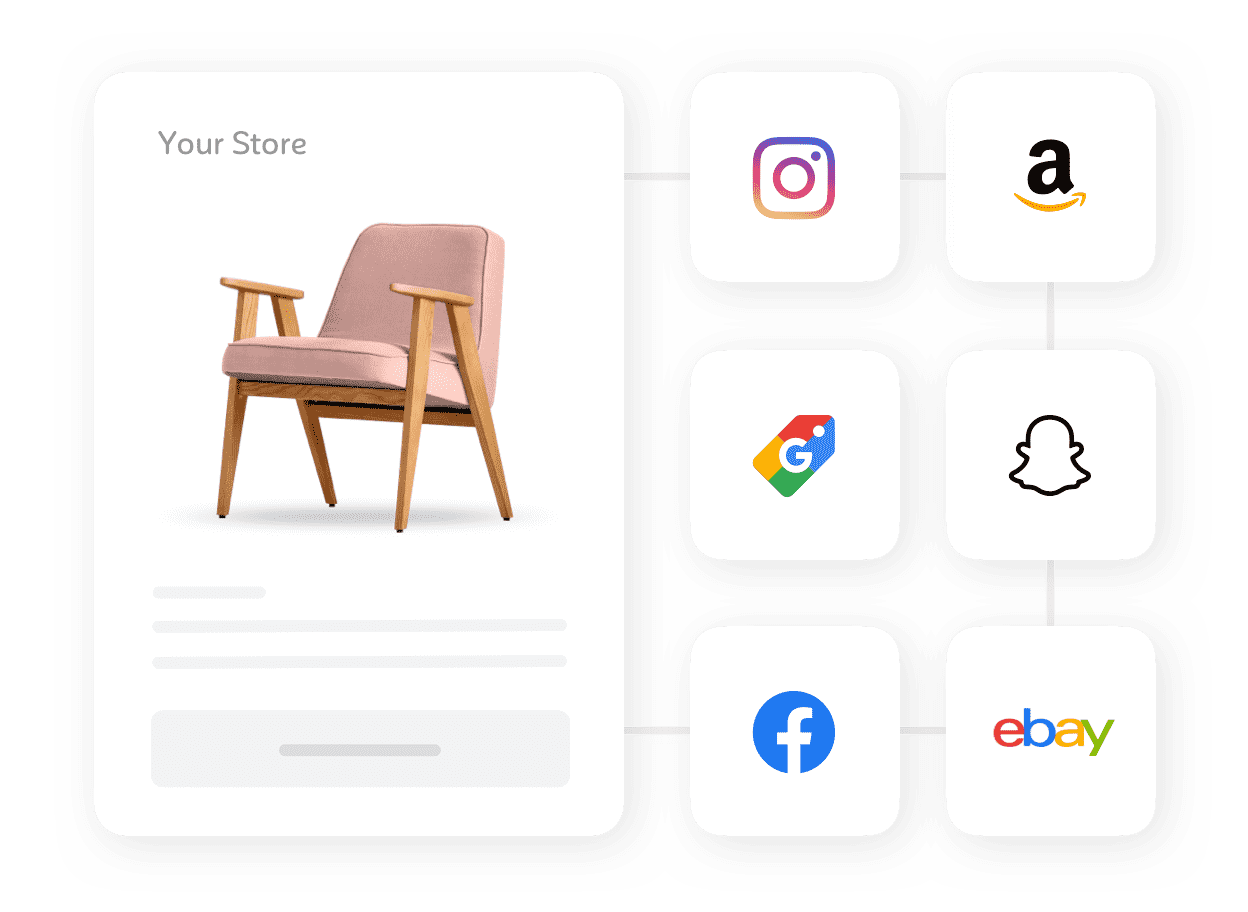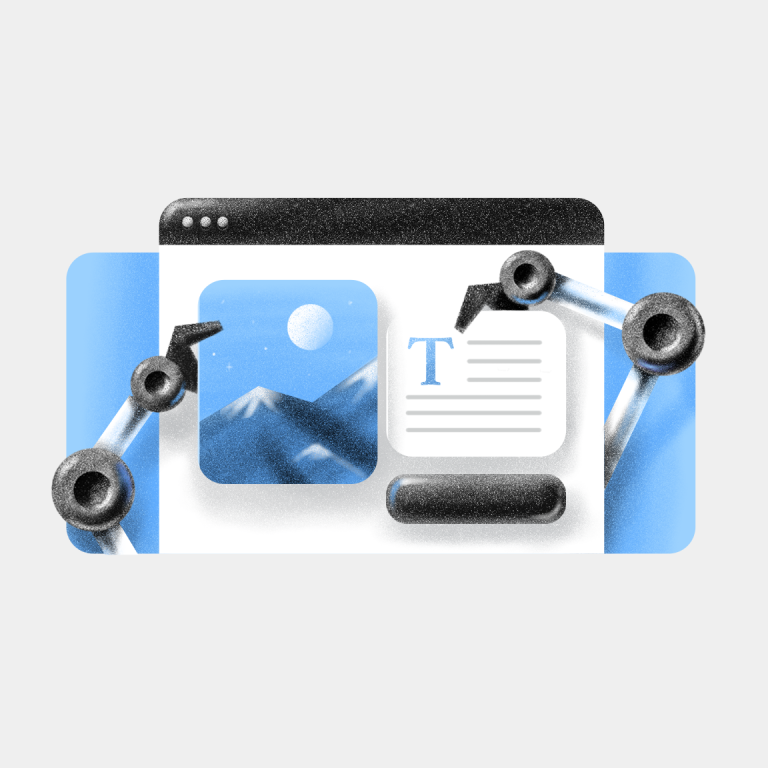Designing and bringing a new product to market can be a daunting task. From initial design to final renders to creating the product, the list of subtasks can feel endless. However, once you have a product created and in your hands, it’s time for one of the most important parts of the process: product testing.
Think of product testing as determining the product’s viability in the market. It helps to determine whether the product is truly complete and ready to deliver to customers. Not to mention, it determines whether or not the product is of high enough quality to satisfy customers.
Let’s take a closer look at product testing!
The Importance of a Test Product: What is Product Testing?
Before jumping right in, let’s clarify what product testing is.
Essentially, a test product is a product that is sent to users to achieve data and evaluation of its concepts, features, and functionality.
The idea is to find out what potential customers think of the product, how they use it or react to it, or how it could be improved.
Why Product Tests Are Vital
Unfortunately, many brands tend to forego product tests because it results in a longer runway before launch or they worry about the additional costs of testing.
However, consumer product testing is extremely important for the successful launch of any product. This is because it helps determine the following:
- Identify issues
- Find new uses for the product
- Align with regulations
- Locate areas where costs can be saved
- Find areas where the product can be improved
- Learn from the public to develop new products
Let’s take a detailed look at each of these factors below.
Identify Issues
The last thing any business wants is for a product to launch with a slew of issues that they don’t realize until it’s already in people’s hands. Product testing can be incredibly beneficial in helping locate and isolate these issues. That way, they can be fixed before the product ever officially launches.
Find New Uses for the Product
In some cases, product testing can help discover new or unique ways people use the product. It may be that the audience tends to prefer a certain feature or find it useful in a scenario outside its other uses. Businesses can capitalize on this by improving upon these uses or implementing it into their marketing campaigns.
Align with Regulations
Product testing is also an excellent way to ensure the product aligns with all necessary safety regulations and industry compliance. Product testers may be able to locate key design flaws that can save the business from lawsuits or other difficulties.
Save on Costs
As mentioned above, some businesses will forego testing to save money, but this can cost more in the long run. Testing can help eliminate defects, repairs, returns, and warranty fulfillment costs.
Product Improvement
Product reviews can help essentially stress test the product to find areas where it lacks or fails. This offers key insights into improvements that can be made on the final iteration.
Development of New Products
Product testing can deliver key insights into a consumer’s mind. They may discuss certain things they wish they had a product for or a function they desire in the product they are evaluating. This can lead to incredible market opportunities.
Types of Consumer Product Testing
Now, let’s take a look at some of the types of product testing companies can use.
QA Testing
QA (quality assurance) testing is generally held in a production or staged environment. This is where the product features and functionality can be fully tested.
A testing team can put the product through a range of scenarios or events that mimic a customer’s actual experience. QA testing helps to ensure the product is functioning as it should but can also help to identify issues or failures before reaching the public.
Concept Testing
Concept testing is the earliest type of product testing and is part of market research. It involves testing the initial product concept for viability and feasibility, as well as seeing how it may do in the actual market. This type of testing may involve prototypes, wireframes, or some other example or rendition of the product.
The goal of concept testing is to determine what the next stage of product development will be. Meaning, it will clarify if the product needs to be improved, adjusted, or even scrapped in some cases.
A/B Testing
A/B testing involves splitting the user testers into two different groups with each getting a different type or version of the product. Ideally, A/B testing shouldn’t be a completely different product to where they are virtually unidentifiable from each other. Rather, smaller variables should be changed as this helps to narrow down what features or versions performed better.
Multivariate Testing
Multivariate testing is based on the same premise as A/B testing, but more widespread and involved. As the name implies, multivariate testing involves the alteration of multiple variables of the product and then A/B testing them. This type of testing can help determine which groupings of features or designs are most appealing.
Market Testing
Market testing is the first step in introducing the product to the actual market to evaluate performance. The product is only sent to a small portion of the market to gather data for evaluation.
The actual test can vary depending on the demographics that a business wants to test. They could send it to a certain geographical area or age demographic, such as
User Testing
User testing occurs after the product has already been designed, manufactured, and released. The purpose of this type of testing is to gauge how customers use and interact with the product in various ways. A team will collect and evaluate data based on the user’s experience with the product, which can help to further develop or improve the product.
What Type of Testing Should You Use?
All of the above types of testing are extremely valuable, and the right choice depends on the particular stage of the product and what data the business requires. Using multiple types of testing throughout the product development and release process can help businesses create highly successful products that their customers love.
While the time spent on product development needs to be monitored and reined in, avoiding testing for time or cost restraints can easily lead to headaches. Even once the product is out, simply hiring a product reviewer team can provide valuable data to improve the current iteration.
Remember, you don’t know better than the market does. A business can have all of the confidence in its product and design, but at the end of the day, the user determines whether the product is valuable enough to purchase. This is why product testing is an invaluable part of product development.
Don’t let your products fall flat — get out there and test them!
Ecwid for All Your Ecommerce Needs
If you are searching for a platform to make ecommerce easier than ever, you’ve found it with Ecwid. Our selling software can be integrated across many storefront platforms, making it easy to operate your store and see all your KPIs at a glance. You can even get started today.
- New Product Ideas to Sell Online: Current Trends
- Top 15+ Trending Products to Sell in 2023
- How to Find Products to Sell Online
Hot Eco-Friendly Product Ideas to Sell Online- Best Products to Sell Online
- How To Find Trending Products To Sell Online
- How to Create Demand For Unique Products
- How to Develop a New Product that Solves a Problem
- How To Evaluate Product Viability
- What is a Product Prototype
- How to Create a Product Prototype
- How to Figure Out Where to Sell Your Products
- Why You Should Sell Unprofitable Products
- White Label Products You Should Sell Online
- White Label vs Private Label
- What is Product Testing: Benefits and Types








